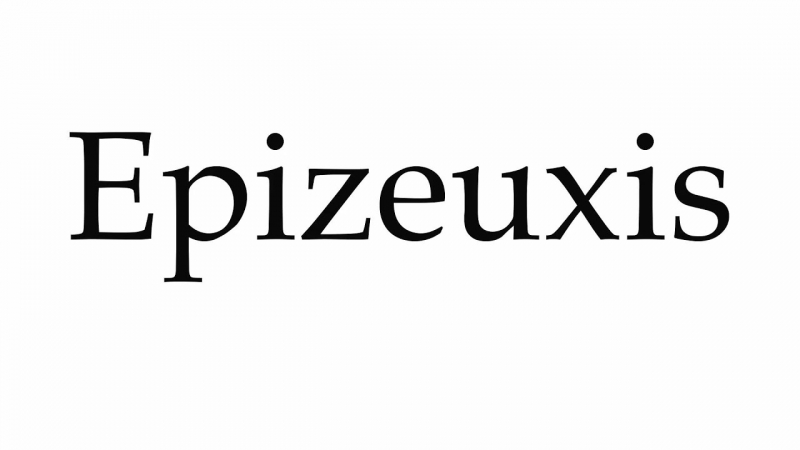Epizeuxis

Epizeuxis is the use of a word or phrase more than once quickly, usually inside the same sentence, to emphasize a point or add vehemence. Diacope, which contains word repetition that is broken up by one or a few intervening words, is a rhetorical device that is closely connected to this one. An epizeuxis is a figure of speech in which a word or phrase is repeated right after another without any syllables in between. The phrase "Words, words, words" spoken by Hamlet in the play Hamlet in response to an inquiry about what he is reading is an example of epizeuxis.
The link between epizeuxis and the figure of speech known as diacope is rather unclear, especially online. Numerous websites claim that the two are interchangeable, however that is untrue. The two figures of speech are different even though they both require the repeating of words or sentences. Words, words, words is an example of epizeuxis, which is the immediate repetition of words or phrases without any breaks in speech. The repetition of words or phrases with a few words in between is known as diacope. Diacope is used, for instance, in the opening line of Anna Karenina: "Happy families are all alike; every unhappy family is unhappy in its own way".







